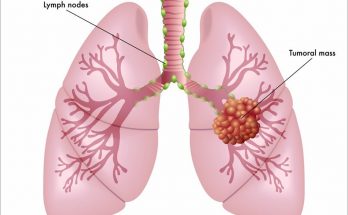COPD signs and symptoms can include shortness of breath, fatigue and an increase in phlegm. The COPD signs and symptoms may not be easily measured because they are feelings or sensations that a patient experiences. When the symptoms first appear, many people will ignore them and think that they’re related to smoking. The symptoms of COPD can worsen to the point where a person is motivated to stop smoking, in order to control these symptoms. The signs of COPD are considered indicators that the lungs are not functioning normally, even though the lungs are actually responding normally to irritation. Many people with this disease will develop all of the common symptoms.
What Can I Expect From the Progression of COPD?
A chronic cough can be expected with this disease. Coughing is a natural reaction of the lungs trying to remove mucus or it can be a natural reaction of the airways trying to protect itself against any inhaled irritants. For this reason a patient can find that their physician is hesitant or unwilling to prescribe anything that will prevent the patient from coughing. A cough can result in airway spasms, which can be controlled with the use of cough suppressants. While a patient who is suffering from COPD will often struggle with a chronic cough, a chronic cough does not necessarily mean that a person has COPD.
Treatment for chronic coughs can be as easy as taking over the counter remedies such as cough syrups or throat lozenges. A cough that’s due to smoking will usually not go away unless the patient quits smoking. If the treatment with over the counter medication doesn’t control the cough then the patient’s physician can prescribe medication. A cough that’s due to sticky and thick mucus can be treated by increasing the amount of fluids a person drinks each day. A cough that produces spasms can require a patient to use an inhaler or steroid treatment. Often people will forget that drinking eight glasses of water a day can significantly improve the severity of a cough.
How Can I Manage My COPD Symptoms?
A person that’s suffering from COPD should consider seeing their physician if they have a cough that’s lasted more than a month without a known cause. Additionally, people who have certain conditions, such as hernias and collapsed lungs, may be advised by their physician to control their coughing with prescribed medication.
Incontinence can occur when a person is suffering from a chronic cough and may need to be treated with medication. Incontinence during a cough can occur more frequently in men who’ve had surgery to remove their prostate. By controlling the cough a person will see a decrease in the frequency of incontinence they experience. Performing pelvic muscle exercises can be useful for people who are suffering from urinary incontinence. Emptying the bladder every two hours can also help to minimize this condition.
